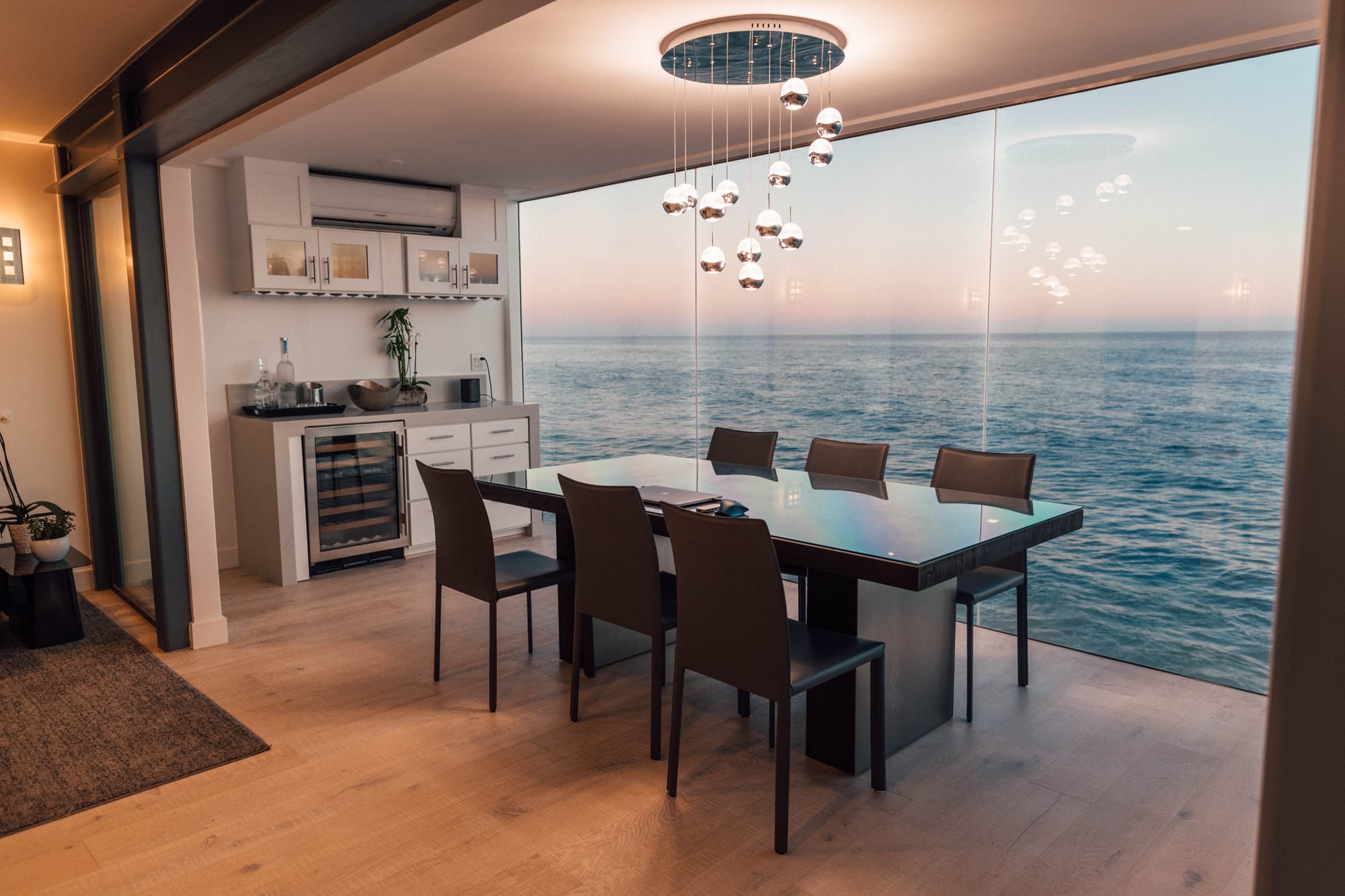Interior designers vs. decorators

Interior Designers Vs. decoration
Two terms that, of course, you have heard before, addressing the topic of interior design in various discussions. Undoubtedly, if you think a little more about the context in which the two terms were mentioned, you realize that there is often a degree of synonymy between them. Nothing could be further from the truth - although they share many similarities, the two professions differ in a few well-defined differences.
Surely now you are asking yourself natural questions: "What does everyone do? / Who should I choose?". We will further mention the characteristics of each trade, hoping that this way you will be able to make the right choice for any project related to interior design.
Interior design
The first difference arises from the level of education necessary to be able to practice either as an interior designer or as a decorator; interior designers need formal training, followed by graduation, in order to create a functional and quality interior environment. An interior designer must observe and understand the beneficiary's behavior in order to provide a functional and useful interior design.
In addition to studies, experience will always have its say in interior design, so the designer must be able to identify and solve problems that arise along the way, in order to obtain safe and comfortable interiors. The work process is very complex, and includes research, analysis and integration of knowledge in the creative process, so that customer requirements and budgets are met. As for what an interior designer is studying, the subjects range from art and design history to CAD design studies, drawing, space planning studies, materials and color theory, etc.
The fact that they have space planning studies allows interior designers to carry out both design and interior renovation works, from the elaboration of sketches to the implementation of the latest decorative accents.
Therefore, interior designers go beyond the aesthetic side of the arrangement and are concerned with the functionality, efficiency and safety of the interior space, working closely with architects and contractors in order to meet the requirements of the beneficiaries.
Decorators
Decorators are generally concerned with the surface works of interior design, so the choices that must be made towards the end of the arrangement process - furniture, finishes, accessories and decorations. Decorators can modify the finishes of walls and floors or add decorative elements, but they cannot remove or modify the structural elements, change the electrical and installation plans, in short their works have a lower complexity.
The reason? Formal training is not mandatory, however there are countless specialization courses. Unlike interior designers (who can work for both residential and commercial projects), decorators are most often involved in residential projects.
We can say that decorators shape the rooms, personalizing them and giving them a character that reflects the tastes and preferences of the beneficiaries, helping them to choose color schemes, furniture, finishes, accessories, etc. They do not work with architects and contractors (works usually starting after the structures have been set up), but often work with those who produce furniture, upholstery or decorative painters.
Who do we choose?
The answer depends on your needs. If structural changes are needed (you want, for example, to change the compartmentalization of the space or to add new windows), it would be best to use the services of an interior designer. On the other hand, if you are planning a redevelopment project, a decorator can guide your choice and advise you on everything related to materials and how they can be combined.
Written by: Claudia Gorunescu


